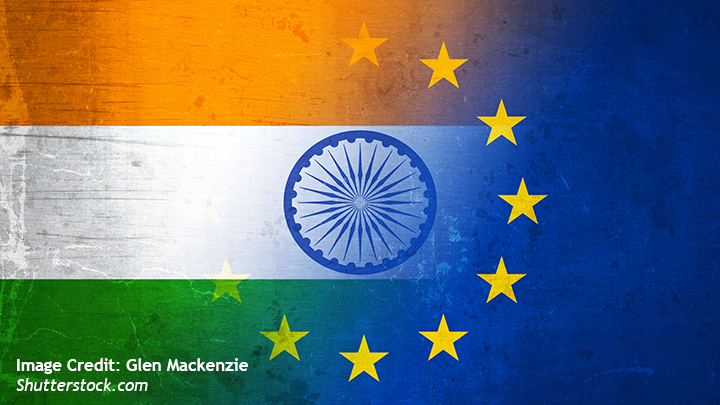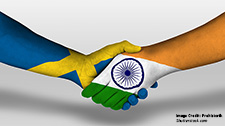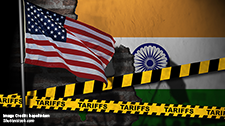It’s Time for India to Partner Strategically With the Visegrad Four

Swati Prabhu, Matej Šimalčík and Jagannath Panda
Shifting sands in the geopolitical calculus of both Asia and Europe is impacting global order. With the Trump administration enacting new trade barriers, including against India and the European Union (EU), prudent thinking is essential. Though engagement with the Central European countries may have remained historically weak for India, in recent years the Modi government has actively sought to correct this imbalance. India’s increasing prominence as a political and economic heavyweight is evident— for 2024-25, gross domestic product (GDP) growth projected stands between 6.5% and 7%. The World Bank’s India Development Update has underscored this trajectory, forecasting that India could become the world’s third-largest economy by 2027, overtaking Japan and consolidating its position as the fastest-growing major economy.
Moreover, amid growing concerns about China’s coercive trade practices via the Belt and Road Initiative (BRI) and Russia’s revisionist geopolitics, Brussels is actively seeking trusted partners in Asia. India, in this landscape, is increasingly viewed as a credible, like-minded alternative, as evidenced by the historic visit by Ursula von der Leyen, European Commission President, accompanied by the entire College of Commissioners.
A recent policy paper published by the Central European Institute of Asian Studies argues that Europe at large and the Visegrad Four (V4) countries—Czechia, Hungary, Poland, and Slovakia—in particular, need to deepen their engagement with India. Having said that, India’s neutral position on Russia’s invasion of Ukraine remains a bone of contention for the West. Yet, India’s efforts to bolster regional integration through bolstering partnerships with the European Union (EU) via connectivity initiatives like India-Middle East-Europe Economic Corridor (IMEC), signing Free Trade Agreements recently with the UAE, UK, EFTA countries, and pushing for a speedy FTA conclusion with the EU. India is also actively working on strengthening its domestic manufacturing base to ease supply chains are critical points.



